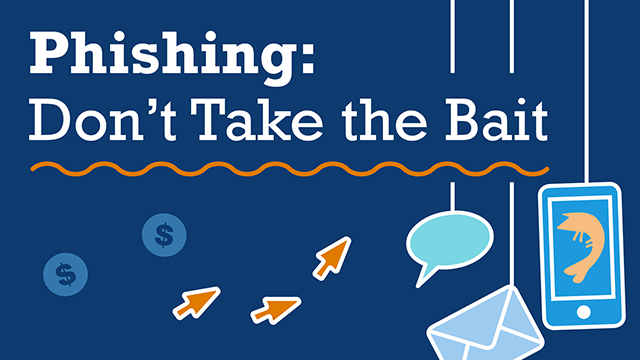If you’re taking stock of your finances, setting goals, and preparing for a fresh start in 2026, make protecting yourself against identity theft part of your 2026 planning. Why? Identity thieves can drain your bank account, ruin your credit, and even block access to your health benefits and tax refund. On the bright side, there are ways to protect yourself. Identity Theft Awareness Week (IDTAW) is a great opportunity to learn more about getting started.
